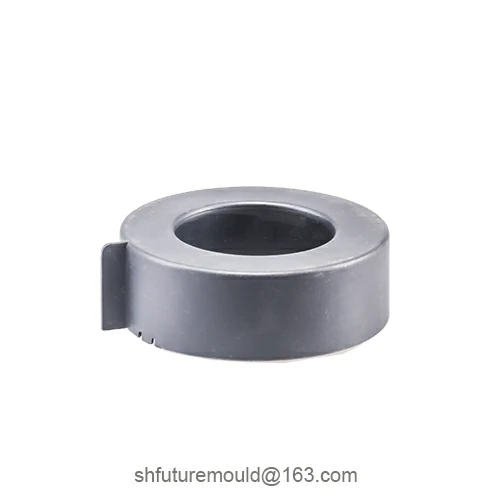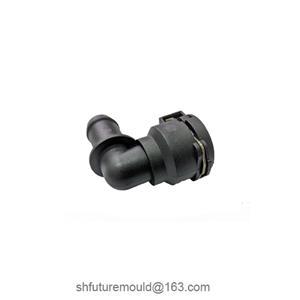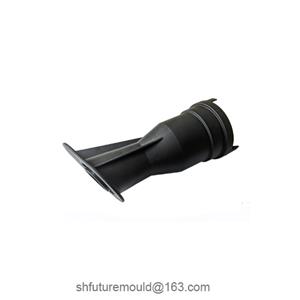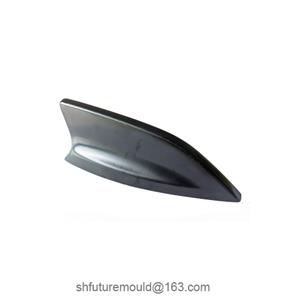Material Selection for Injection Molding prototype molds
Material Selection for Injection Molding prototype molds
prototype molds are primarily used in small-batch production or product prototyping in injection molding. The selection of materials needs to balance cost, machinability, durability, and molding performance.
1. Aluminum Alloys
Characteristics: Lightweight, excellent thermal conductivity, easy to machine, and short production cycle.
Advantages:
Easy to process, allowing rapid mold fabrication.
Outstanding thermal conductivity helps shorten the molding cycle.
Suitable for applications where strength and hardness requirements are low.
Applications: Small-batch production and rapid prototyping.
Common Grades: Aerospace-grade aluminum alloys like 7075 and 6061.
2. Soft Steel (P20 Steel)
Characteristics: Medium hardness, cost-effective, easy to machine and polish.
Advantages:
Can withstand moderate injection pressures, suitable for molds with higher requirements.
Good wear resistance, supporting the production of thousands of products.
Easy to weld and repair.
Applications: Medium-batch production and products with slightly complex shapes.
Common Grades: P20, 718H.
3. Plastic Mold Steel (S50C, S45C)
Characteristics: Economical material with low hardness, suitable for simple molds.
Advantages:
Low material cost, ideal for projects with limited budgets.
Easy to machine and finish.
Applications: Low-requirement, simple-structure molds.
Common Grades: S45C, S50C.
- Injection Mold
- Automotive Injection Mold
- Electronics & Electrical Injection Mold
- Consumer Goods Injection Mold
- Airplane Components Injection Mold
- Medical Components Injection Mold
- Irrigation Components Injection Mold
- Injection Molds




